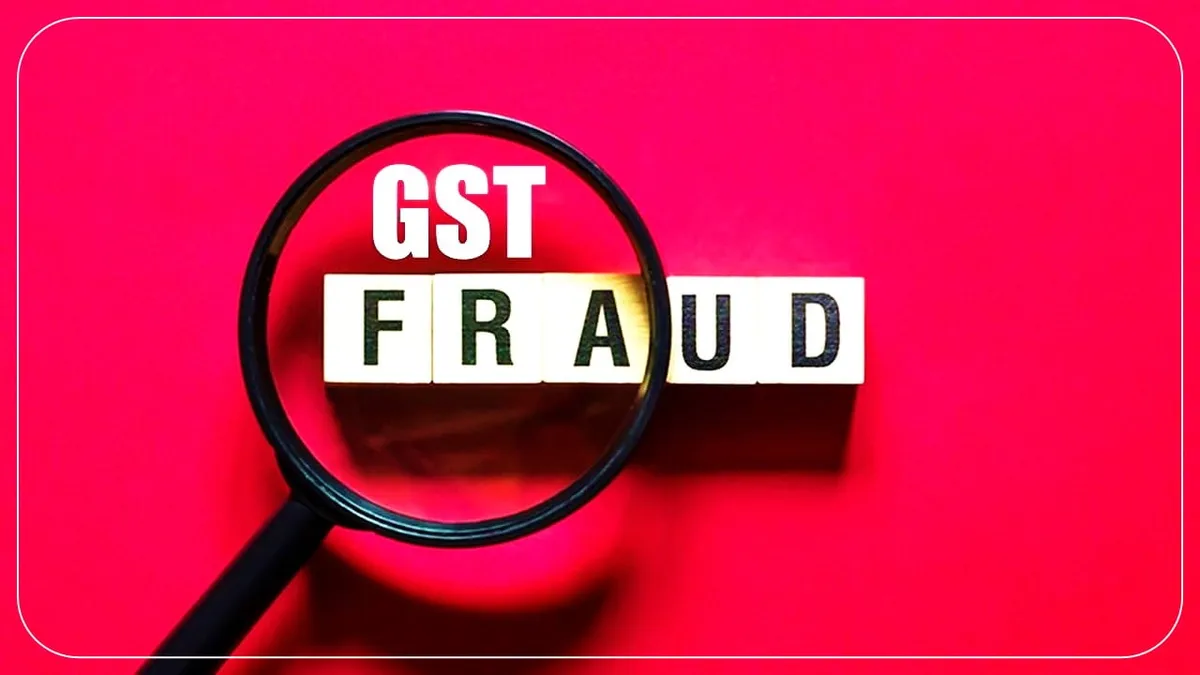KOLKATA / RANCHI — The Enforcement Directorate (ED) has attached ₹15.41 crore worth of properties in Kolkata and Howrah, part of a sweeping probe into one of the country’s largest goods and services tax (GST) fraud cases. Investigators allege the network issued fake invoices through more than 100 shell companies, generating fraudulent input tax credit (ITC) worth ₹734 crore.
The case, now before a special money-laundering court in Ranchi, has become a test of India’s ability to police the vulnerabilities of the GST system.
A Network of Shells
According to the ED, the scheme was overseen by Amit Gupta, described as the syndicate’s financial manager, alongside associates Shiva Kumar Deora, Mohit Deora, and Amit Agarwal. The group allegedly created layers of shell firms across Jharkhand, West Bengal, and Delhi, issuing invoices for goods that never changed hands. The fake credits were then sold for a commission — estimated at ₹67 crore — to legitimate businesses seeking to reduce tax liabilities.
The probe began with a complaint by the Directorate General of GST Intelligence in Jamshedpur. Several suspects were arrested in May and remain in custody. Earlier, in July, the ED had attached properties worth ₹5.29 crore tied to Deora.
Tracing the Assets
The latest attachment includes 10 properties said to be held by Gupta and relatives. Officials allege some assets had been shifted to proxies in anticipation of enforcement action. Under the Prevention of Money Laundering Act, such attachments freeze assets suspected of being linked to illicit gains until courts decide their fate.
For investigators, the challenge lies in proving a direct link between the seized properties and the proceeds of fraud — a task that requires combing through complex financial trails and contested ownership claims.
The First Firm to Assess Your DFIR Capability Maturity and Provide DFIR as a Service (DFIRaaS)
A Test of Enforcement
The case has wider resonance. Since the GST’s rollout in 2017, authorities have struggled to curb fake ITC scams, which exploit the system’s reliance on invoice-based credit. Successful prosecution here could bolster enforcement credibility; failure risks reinforcing perceptions of systemic loopholes.
Critics warn, however, that aggressive use of attachment powers risks overreach if not backed by airtight evidence. Courts will determine whether the ED’s scaffolding of forensic accounting and asset tracing can stand up to defense challenges.
What Lies Ahead
The unanswered questions are significant: will the courts sustain the attachments? Could investigators uncover additional companies or higher-profile beneficiaries of the fake credits?
For now, the attached properties mark a visible step in a case whose financial and institutional stakes extend well beyond Kolkata’s real estate. The outcome may help define the contours of GST enforcement for years to come.


